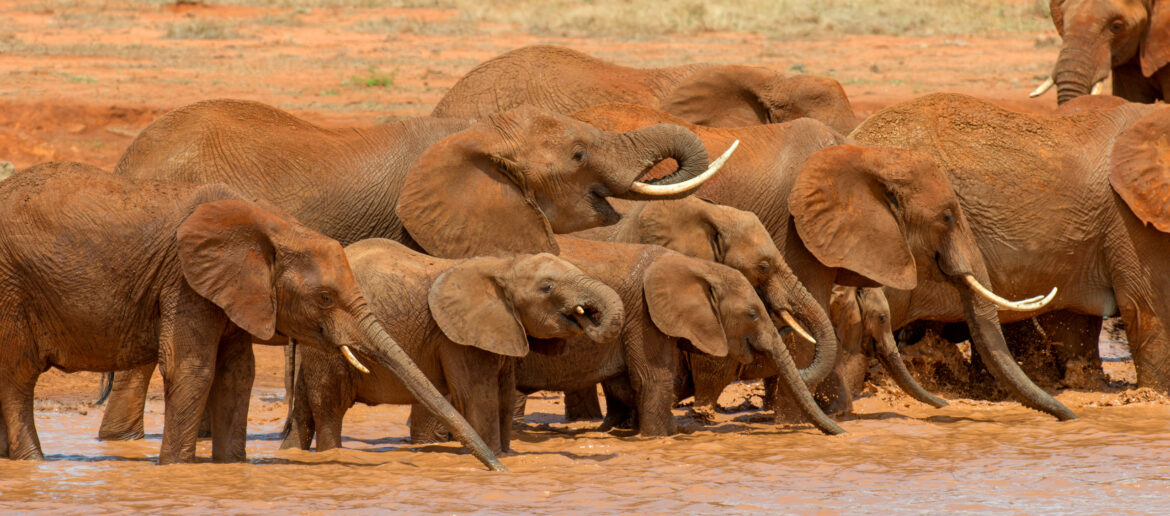Whether it is in their native range or in a zoo next door, people across the globe celebrate World Elephant Day every August 12th, like a multitude of stars and a reminder of their responsibility to protect one of the most beautiful creatures that walk the earth. This is not merely a party; it is a cry for action to come to the aid of these gentle beasts who are being threatened by the misdeeds of poaching and a fast-vanishing livelihood.
In the grand opera of nature, elephants are the conductors, staging the equilibrium of habitats that they dominate, run, and control. But current threats to their survival are on the way, as the demand for ivory trade and the spread of human settlements have contributed to putting the existence of these giant creatures in danger. Based on the bleak numbers, Africa loses four elephants every hour which amounts to a severe decrease in their population as compared to the last few decades and hence, sounds like an alarming fact.
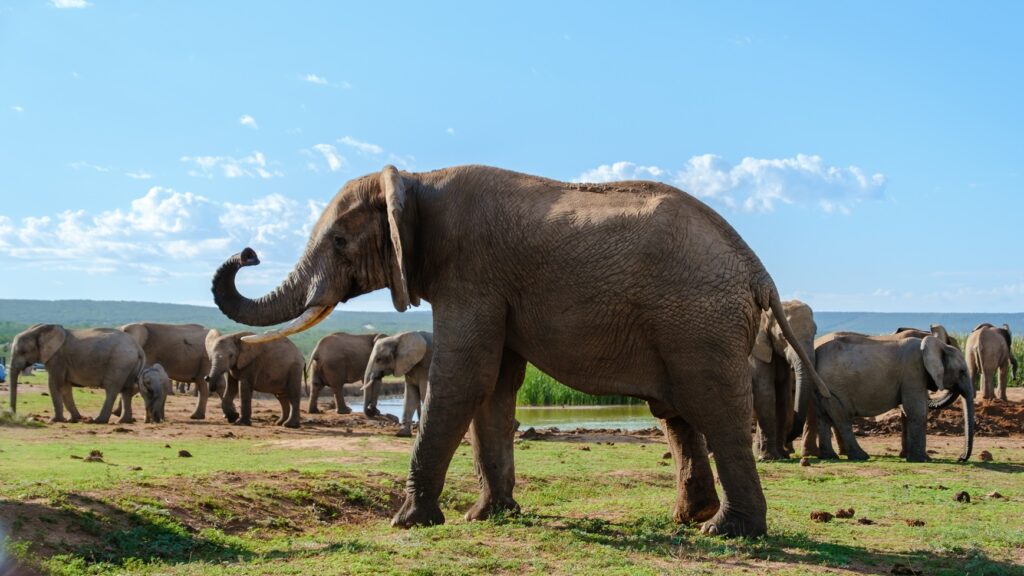
At the same time, for all these grim pictures of bad news, there are rays of hope that shed light on the deepest places. Organizations like EPI-USE Labs which exist under the umbrella of groupelephant.com are on the cutting edge, using novel and outstanding ways to save our planet. The non-profit organization that they have formed, Elephants and People (ERP), is tailored to protect elephant populations living in vulnerable areas as well as raise the communities that live near these gentle giants.
ERP has an advantage in that it views conservation at the holistic level where preserving wildlife is connected to sustainable development and the well-being of the community. The EPI-USE Labs invests 1% of the revenue yearly in these ERP projects thus, the benefits to be realized are derived directly from the communities and the ecosystems the company serves. Projects of ERP Honey, ERP Melorane Game Reserve, BIKES4ERP, and ERP Air Force are not just elephant-saving activities; it’s better to consider them as tools that help to build better futures and transform lives.
On the other hand, why are the elephants so very important in the different systems of the ecosystem of the planet? Now being praised as “ecosystem engineers“, elephants occupy a key niche through which they transform and maintain their surrounding environment. They launch both wind and water currents and disperse seeds as well as modify the landscape. As they travel through their homeland, elephants also unknowingly disseminate seeds which in turn crowd the forest with many wild plants, increasing the biodiversity of forests and grasslands.
In addition to that, the elephants play the role of the heroes in the combat of climate change. Enhancing the condition of their ecosystems allows these peaceful giants to capture carbon dioxide thereby crashing the impacts of global warming and protecting the planet destined for future generations.
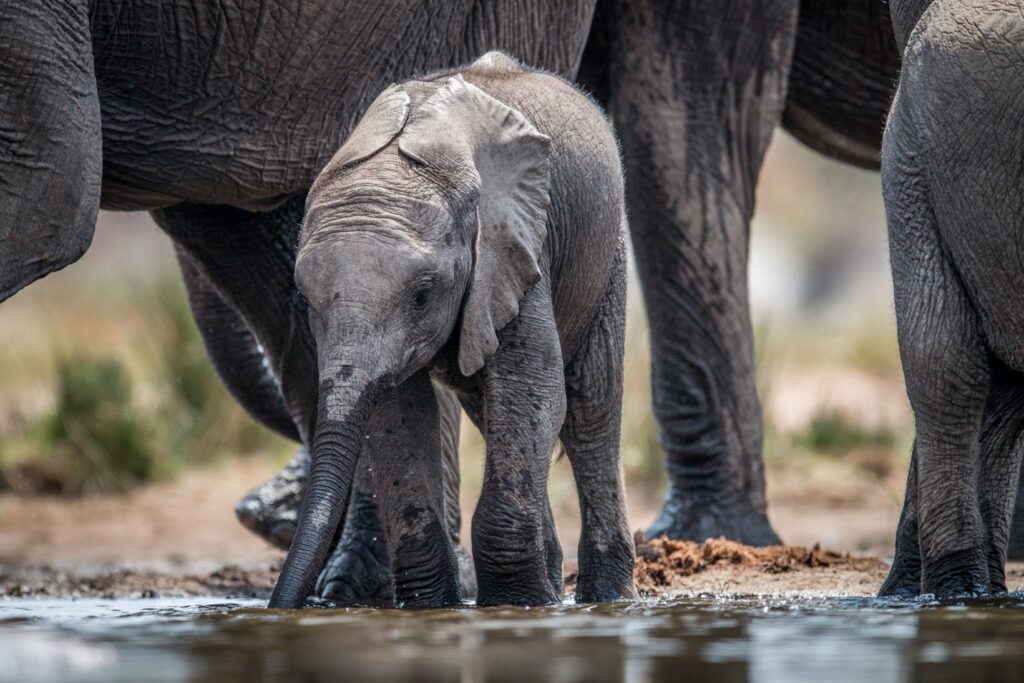
Nevertheless, despite their priceless roles and their splendor, elephants remain at peril due to the murderous desire of ivory hunters. The poaching crisis is killing a large proportion of the elephants and also destabilizing the fragile ecosystems, causing a series of ecological impacts.
Then, the question arises which conservation measures can be done to safeguard these outstanding animals and the environment they support? As we join the rest of the world to celebrate World Elephant Day today, let’s vow to disseminate information, support conservation activities, and champion a steeper policy response that will curb poaching and habitat degradation. The act of joining forces gives us the power to prevent the extinction of elephants on the planet and to maintain a world in which these magnificent animals thrive, enriching all our lives and guiding us toward a deeper understanding of nature.
Along with the celebration of World Elephant Day, we need to reaffirm our responsibility to protect these gentle giants as well as preserve the natural world for future generations. Ultimately, how humans and elephants coexist demonstrates the need for holistic approaches that tackle the multi-faceted nature of the problems facing elephant survival, including but not limited to poaching, habitat loss, and human-elephant conflicts. Nevertheless, there still are challenges, which require the international community to work together to stop the tide of shrinking. As guardians of the planet’s biodiversity, we must patronize conservation initiatives, sensitize the masses to the elephants’ plight, and champion their protection. Coming together, we will be able to devise a future where the elephants run wild on the vast African plains and personify all of the unruly spirit of Africa’s wilderness.
We have to underline on the occasion of World Elephant Day the special contribution everybody can make to elephant conservation
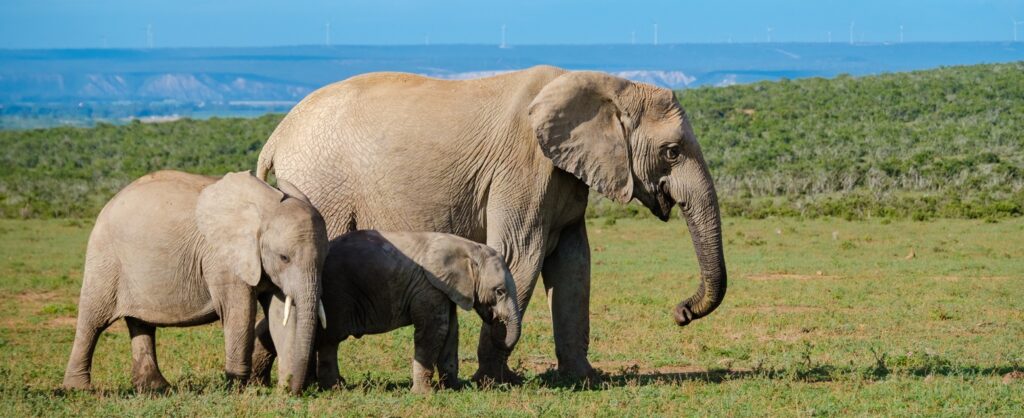
- Raise Awareness: Share the elephant’s plight and conservation concerns with your friends and family and in your local community. Social networking websites provide a great platform for raising public awareness and gathering support to save elephants from further extinction.
- Support Conservation Organizations: One way to help is by giving to well-regarded conservation groups that dedicate themselves to saving these animals and their nature reserves. Organizations such as Elephants, Rhinos & People (ERP) and other wildlife conservation entities strive for support from the public to realize their important work.
- Boycott Ivory: Boycott any products that have ivory components or support the manufacture of ivory products. Ivory aims to promote the illegal poaching trade that expels elephants off the earth. Through the use of appropriate materials conducted in an elephant-friendly manner, we will look at ways of decreasing the demand for ivory and thus put an end to poaching.
- Advocate for Stronger Legislation: Campaign for harsher punishments and laws against poaching, wildlife trafficking, and ivory trade by pushing legislation. Include projects that lead to habitat protection, wildlife passageways, and solutions preventing conflicts between humans and elephants, among other initiatives.
- Promote Sustainable Tourism: At the destinations where elephants are, the best thing to do is the ethical tourism offered by operators who consider the safety and wellness of the elephants and conservation. In a sustainable form of tourism, economic benefits could be received by the local community while biodiversity remains intact and its habitats are protected over the long term.
- Educate Others: Spare the time to learn more about elephants, their related features, and the competition they face. We have the power to teach ourselves and other people, thus we can build up empathy and understanding not only for this remarkable species but also to raise awareness on protecting them.
- Engage with Local Communities: Support programs that enable women, who are residing near elephant populations to be involved in the decision-making process. We could decrease human-elephant conflicts through the development of green jobs, educating people, and having alternative revenue sources while involving them in the protection of the environment.
- Reduce Your Carbon Footprint: Take action to reduce your ecological footprint and come up with strategies to avert the deterioration of the elephants’ habitats which is another major threat. The adoption of sustainable lifestyles including restricting energy consumption, conserving water, and supporting renewable energy resources in your daily lives is practical for the sake of elephants and all other living beings in the world.
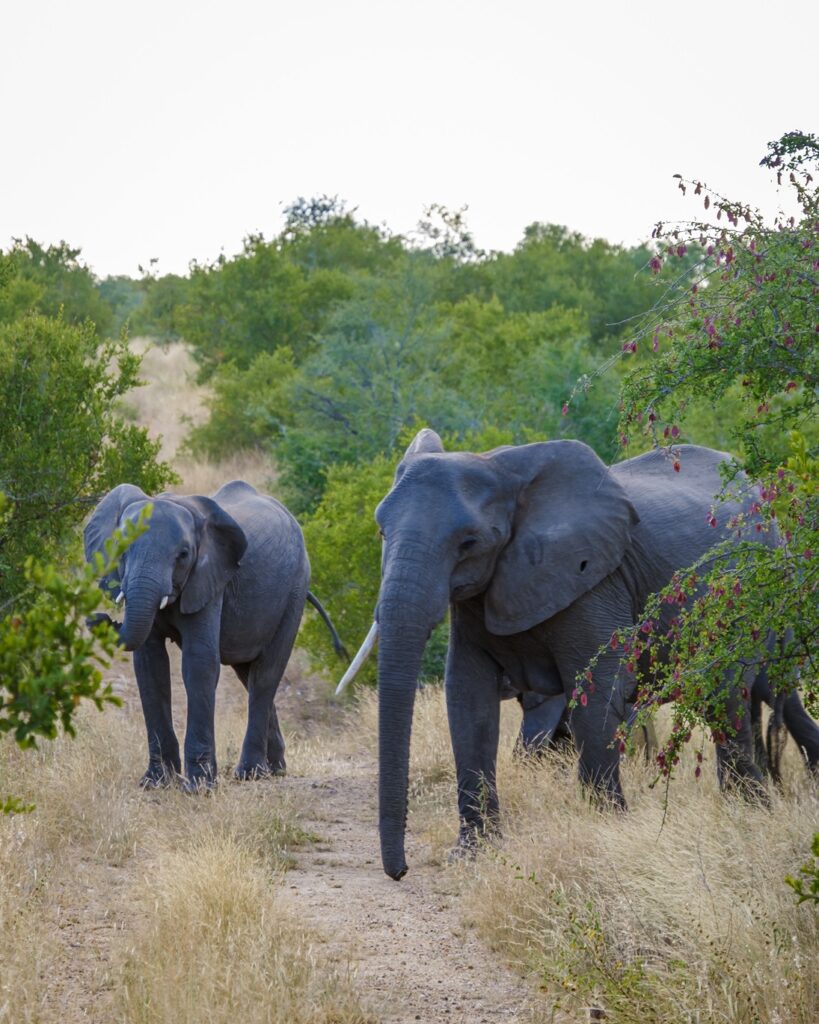
Today, August 12, World Elephant Day, we must reiterate our dedication to helping these fascinating animals and safeguarding the deforestation and natural beauty of our world. Thereby, we can jointly contribute and grant our children and their children to experience elephants on the loose, which brings us special pleasure and is also evidence of our care for nature and our empathy towards all animals.
- Support Research and Monitoring Efforts: Research on elephants should be backed up by monitoring programs, which will deliver information on elephant behavior, population, and conservation strategies effectiveness. Through supporting the studies, we can assemble the data that would be used as a base of evidence-based conservation methods, and thus, sustainably maintain the population of elephants.
- Encourage Sustainable Land Use Practices: Propel sustainable land use initiatives which include protecting the elephants’ habitat and the whole biodiversity. Partner with policymakers, landowners, and local communities to encourage the implementation of land management methods such as corridor preservation, grazing area protection, and secure breeding spots.
- Combat Wildlife Trafficking: Help the movement against wildlife trafficking and cooperation to disassemble the illegal wildlife trade networks and cripple poaching organizations. Engage governments to expand the enforcement of the current wildlife protection laws through the design of legal provisions that prevent the trade in elephant ivory and other wildlife products.
- Promote Coexistence with Elephants: Support initiatives bringing humans and elephants together by developing methods for addressing human-elephant conflicts. It comprises the creation of innovative models that will replace elephant-menacing agriculture practices with eco-friendly ones, such as elephant-friendly fencing, and the development of an early warning system for crop raiding avoidance.
- Engage Youth: Through environment education programs and projects directed towards youth, ready the future generation of conservationists to protect elephants. The visitors should learn how to be wildlife protection and environmental advocates, thus dedicating their lives to conserving the natural heritage.
- Participate in Conservation Volunteering: If you have the time, please look for volunteer opportunities where you can apply your skills toward local elephant-conservation-oriented projects. With contributions to habitat restoration activities, wildlife monitoring, and town conservation outreach, you can play a role that elicits impact on the ground.
- Lead by Example: By being an example to others through the integration of conservation principles in your lifestyle and habits, you can bring out positive change. Keep your trash to a minimum, recycle, go for sustainable products and lifestyles, and continuously pursue lower environmental impact in whatever you do. You can motivate people to make such changes by serving as a role model. This way, you make it possible for them to join forces with you in protecting the elephants and the planet too.
On World Elephant Day, we reaffirm our duty to exert real actions towards the toppling of obstacles that block these huge animals and see to it that they are around for centuries to come. Union also through joint action and unshakable commitment we can make sure that there will be worlds, where elephants will be living wild, carrying with them the amazement and tremendousness of the nature.


